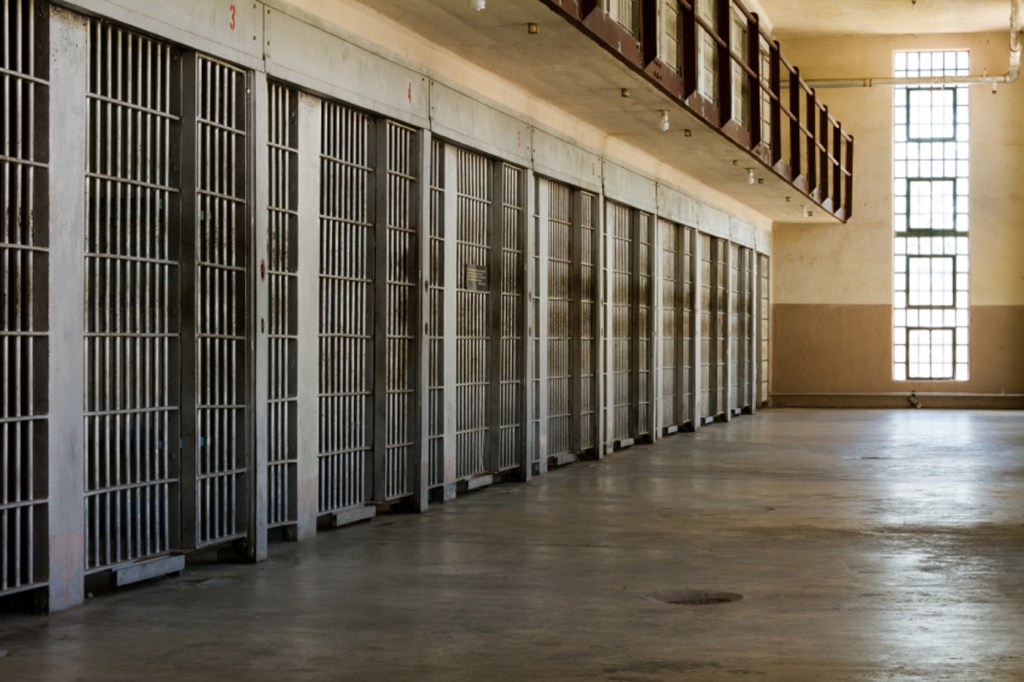3Qs: The death penalty’s constitutionality


The Supreme Court on Monday ruled 5-4 to uphold the use of a controversial drug used in lethal injections. Justices voted in an Oklahoma case that using the sedative midazolam—which in some instances did not perform its intended part in putting inmates in a coma-like sleep in—did not violate the Eighth Amendment prohibition on cruel and unusual punishment. But in dissent, two justices called for the court to debate whether the death penalty itself is constitutional.
We asked Michael Meltsner, the George J. and Kathleen Waters Matthews Distinguished University Professor of Law at Northeastern and an expert on capital punishment and Supreme Court cases, to assess this ruling and weigh in on whether capital punishment might one day be banned in the U.S.
In this case, the Supreme Court ruled that the death row inmates failed to establish that using the drug midazolam violates the Eighth Amendment. What is your reaction to how this ruling addresses the Constitution’s cruel and unusual punishment provision?
There are a couple of interesting aspects here. One is that the Supreme Court stands behind the district court’s finding on the evidence, saying that the petitioners, the death row inmates, haven’t shown enough proof that this drug won’t work. This means that should problems with the drug arise in the future, the court can rule that the condemned in this case simply did not produce sufficient evidence of risk.
Second, there’s this other wrinkle here that is very striking. The court’s ruling includes that challenging a method of execution requires proof that a less painful method exists and is available. This will strike many constitutional lawyers as odd. It only seems to make sense if the Constitution’s ban on cruel and unusual punishments is ultimately conditioned by a requirement that there be a death penalty. Justice Sonia Sotomayor called a version of the court’s argument here a “flawed syllogism.” Some method of execution must be available, holds the court, so the condemned must come forward with an acceptable and available method to prevail. But the Constitution rejects a cruel and unusual method of death, regardless of the crime committed or other methods conceivable.
Thirty-one states currently allow the death penalty, as well as in federal court and the military. What are the larger implications of this ruling for the death penalty?
First and foremost, what this ruling means is that five justices at this time wish to retain capital punishment; four do not. But what is really interesting here is that two more justices, Stephen Breyer and Ruth Bader Ginsburg, joined the parade of justices and former justices who regard the death penalty as inconsistent with the Eighth Amendment’s prohibition against cruel and unusual punishment. Breyer’s opinion is a model for an abolitionist opinion, but it won’t command a majority of the court until the composition of the court changes.
As you mention, 31 states have capital punishment. But many don’t use it. In Breyer’s opinion, he notes that three states are responsible for 80 percent of the executions and 80 percent of people live in counties without the death penalty. Seven states have also abolished capital punishment in the past decade. The facts on the ground suggest that the death penalty is withering away. But it’s entrenched in many places, and it has one thing going for it: the horrendous nature of many crimes. Many people, including abolitionists, believe that many of these crimes deserve death. The difference is that abolitionists look at capital punishment as a system; in other words, if you can’t pick and choose fairly and rationally, then you’ve got an unconstitutional system, and looking at a horrible crime and saying “that person deserves death” is not how you determine public policy.
Given the aforementioned capital punishment statistics and attitudes toward the death penalty, do you believe a time will come when the death penalty will be banned in the U.S.?
I’m not predicting it will happen tomorrow or in my lifetime, but I see two routes that could lead to it happening. One is the continued accumulation of evidence that people don’t support capital punishment in sufficient numbers. The Eighth Amendment is one of those unusual Constitutional provisions that brings into play community values. Chief Justice Earl Warren set out the prevailing Constitutional norm—which Justice Scalia challenges in his opinion—in the 1950s when he said that what is cruel and unusual depends on evolving community standards. So the more evidence that accumulates that only a minority of people support capital punishment, the more likely it can be declared unconstitutional based on the court’s own precedence.
The second route has more to do with serendipitous events that lead people to change their minds. Just in the way the horrors of the marathon bombing led to the condemnation of Dzokhar Tsarnaev, a case could arise in which someone with public celebrity or notoriety is clearly innocent but is executed, producing a similar result. In New York state in the 1960s, prosecutors tried to railroad a young black man, George Whitmore Jr., in a case involving the murder of two white women from prominent families. It is known as “The Career Girls Murders.” When it came out that Whitmore was innocent, it drove a movement to abolish capital punishment in the state, a movement that ultimately succeeded under Gov. Nelson Rockefeller.





